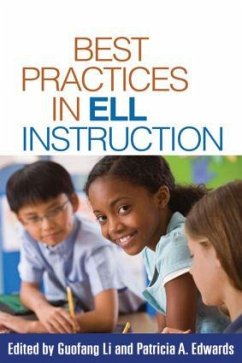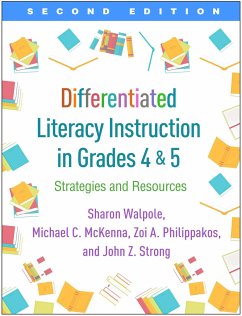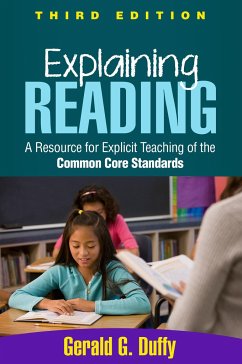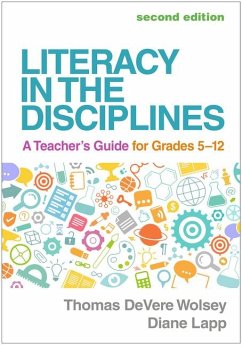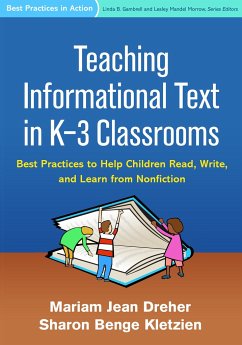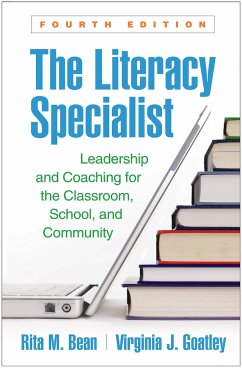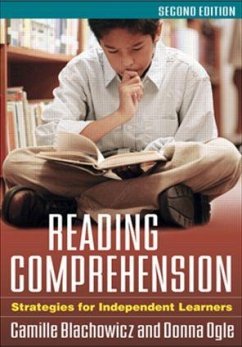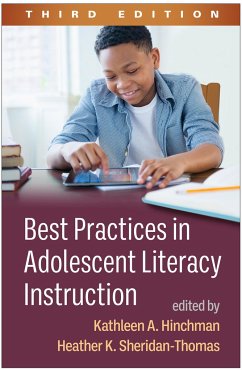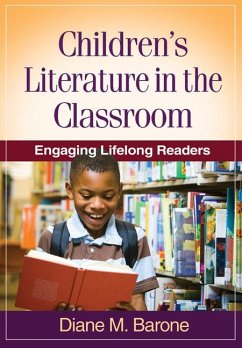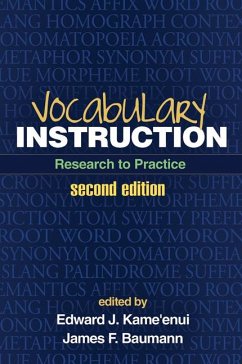
Best Practices in Literacy Instruction
Versandkostenfrei!
Versandfertig in über 4 Wochen
81,99 €
inkl. MwSt.

PAYBACK Punkte
41 °P sammeln!
This authoritative text and PreK-12 teacher resource is now in a substantially revised seventh edition with 80% new material, foregrounding advances in inclusive, equitable instruction. Teachers are guided through every major component of reading, as well as assessment, motivation, teaching bilingual learners, strengthening connections with families and communities, and more. The book presents principles and strategies for teaching literature and nonfiction texts, organizing and differentiating instruction, supporting struggling readers, and promoting digital literacy. Pedagogical features inc...
This authoritative text and PreK-12 teacher resource is now in a substantially revised seventh edition with 80% new material, foregrounding advances in inclusive, equitable instruction. Teachers are guided through every major component of reading, as well as assessment, motivation, teaching bilingual learners, strengthening connections with families and communities, and more. The book presents principles and strategies for teaching literature and nonfiction texts, organizing and differentiating instruction, supporting struggling readers, and promoting digital literacy. Pedagogical features include chapter-opening bulleted previews of key points; reviews of the research evidence; recommendations for best practices in action, with examples from exemplary classrooms; and end-of-chapter engagement activities. New to This Edition * Chapter on culturally responsive teaching, plus more attention to social justice and equity throughout. * Chapter on supporting students in the "invisible middle." * Important new focus on social and emotional learning (SEL). * All chapters thoroughly revised or rewritten to reflect current research, theory, and instructional practices.



